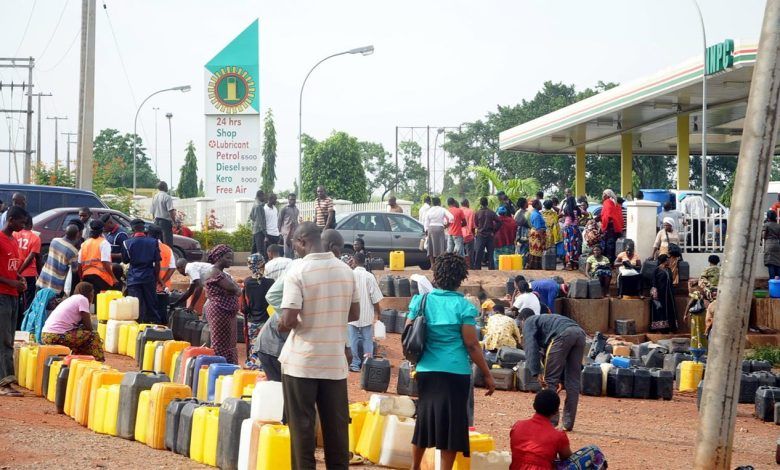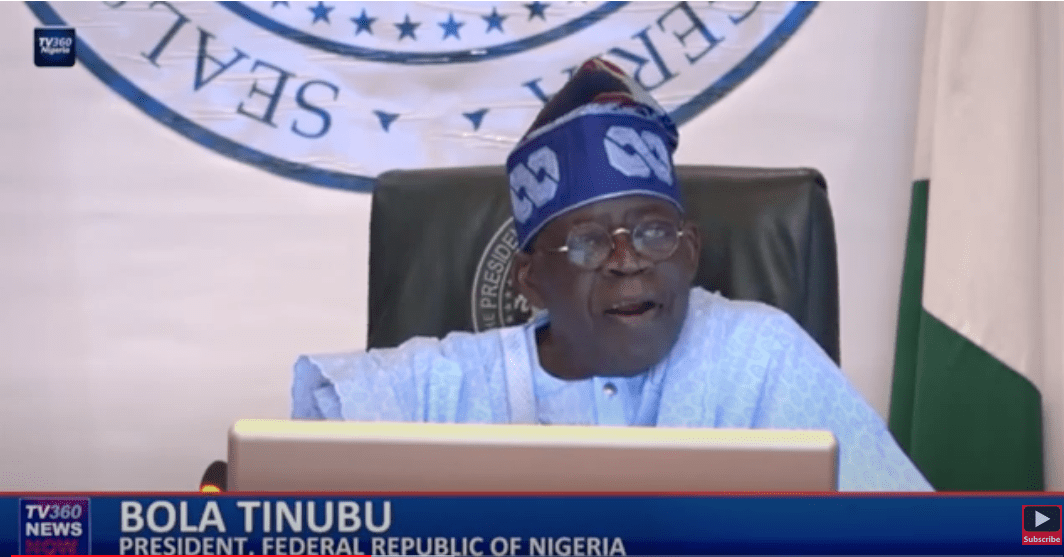
Crude oil refiners and other stakeholders in Nigeria’s downstream sector have cited dollar-denominated charges on locally refined Premium Motor Spirit (PMS), commonly known as petrol, as well as the cost of importing crude oil, as key factors contributing to the high price of locally produced petrol compared to imported PMS.
Data from the Major Energy Marketers Association of Nigeria (MEMAN) on Tuesday revealed that the cost of landing a litre of imported petrol into the country was N958.89 as of December 5, 2024. Meanwhile, dealers reported that the price of petrol produced by the Dangote Petroleum Refinery was N970 per litre, and petrol from the Port Harcourt Refining Company was priced at N1,030 per litre. This indicates that locally refined petrol is more expensive than imported PMS, with industry players attributing the price disparity to dollar charges on PMS and the high costs associated with crude oil importation.
The Crude Oil Refinery Owners Association of Nigeria (CORAN) pointed out that several charges on locally refined products are still in dollars, which negatively impacts the cost of these products. Oil marketers have also called on the Nigerian Maritime Administration and Safety Agency (NIMASA) to consider fixing its charges in naira.
Eche Idoko, Publicity Secretary of CORAN, expressed concern about the continued use of dollars for jetty charges, describing it as a significant challenge for local refineries. “Jetty charges are still in dollars, and these are part of the issues we are facing,” he said. “Charging fees for domestically consumed commodities in dollars presents a major hurdle for trade and businesses, particularly in the downstream sector.”
Idoko urged the Federal Government to halt the use of dollars for domestic charges and called for a review of these fees to help lower the cost of locally refined petrol.





